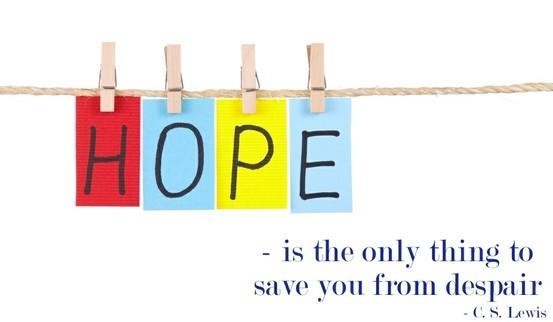
Charles Colson was a former presidential aide to Richard Nixon and founder of the international ministry, Prison Fellowship. In 1974 Colson entered a plea of guilty to Watergate-related charges. He served seven months of a one-to-three-year sentence. Following his release, Colson dedicated himself to remembering those in prison and bringing hope and restoration to prisoners, families and communities impacted by crime and incarceration.
Colson visited many inmates on death row and understood the stressors they experienced – the high rates of psychiatric disorders; violence at the hands of other inmates and correctional officers; isolation; and a history of past trauma in prisoners prior to their incarceration. He knew how inmates struggled with self-harm and thoughts of suicide and found it difficult to maintain hope.
As Dr Stuart Grassian, an expert on death row, observed.
“The conditions of confinement are so oppressive, the helplessness endured in the roller coaster of hope and despair so wrenching and exhausting, that ultimately the inmate can no longer bear it, and then it is only in dropping his appeals that he has any sense of control over his fate.”
Colson concluded,
Show me somebody who can live without hope, and I’ll show you a suicide waiting to happen.
The suicide rate on death row for the period 1976 through 1999 was five times higher than the suicide rate for the male population of the United States.
The experience of inmates on death row is not so different from other vulnerable individuals who have been physically abused, psychologically damaged, and emotionally torn apart. They are victims who have been divested of all hope.
How then is hope lost? For inmates and anyone who feels the loss of freedom it is
– the sense of powerlessness to alter your circumstances
– the feeling that you are alone and no one else understands
– the burden of unspoken secrets that will never be shared
– the awareness that you have let people down and brought shame on yourself and those closest to you
– the realisation that your life has no meaning or purpose
– the inability to recall the ‘good times’ to mitigate the waves of desperation and despair
As Rebecca Solnit, author of Hope in the Dark, says
“One of the essential aspects of depression is the sense that you will always be mired in this misery, that nothing can or will change. It’s what makes suicide so seductive as the only visible exit from the prison of the present.”
How then do we cultivate hope, particularly when our world is imploding?
Firstly, hope, like happiness, is an ‘inside job.’ It is not dependent on what is happening about us, how frightening our circumstances might appear. Hope is an orientation of the heart. It acknowledges that we don’t know what will happen but ‘in the spaciousness of uncertainty is room to act.’
Secondly, hope is grounded in truth. Colson often quoted the apostle Paul who said, “Nothing can separate us from the love of God.” This is a foundational statement that assures us we are not alone. But even more importantly, it says, “God is looking out for us and He is not planning on walking away anytime soon.
And finally, hope transcends all else. If you saw the 1994 movie, The Shawshank Redemption, you will remember the moment when Andy gained entry to the warden’s office and put on the recording of the song, “Canzonetta sull’aria” from the opera “The Marriage of Figaro.” The music of Mozart transported the captive listeners, whether in their cells or on the exercise yard, to another place. Hope is liberating; it suggests another world is possible.
To quote Rebecca Solnit again,
“To hope is to give yourself to the future, and that commitment to the future makes the present inhabitable.”
